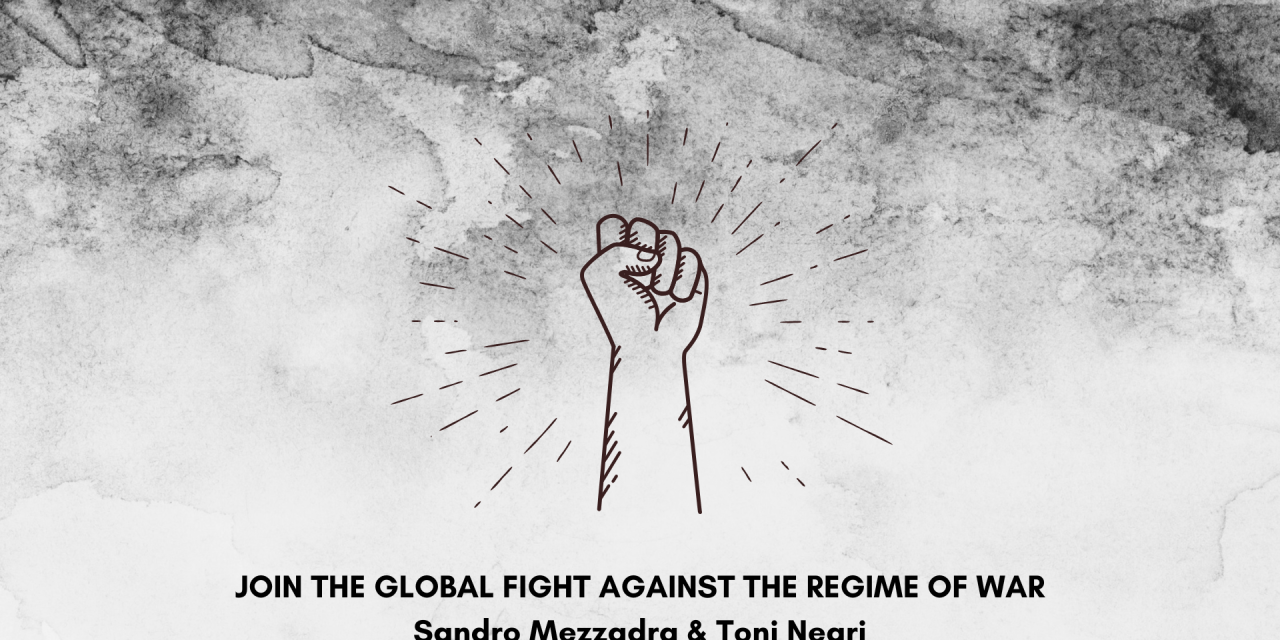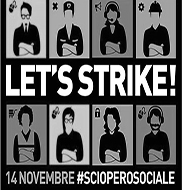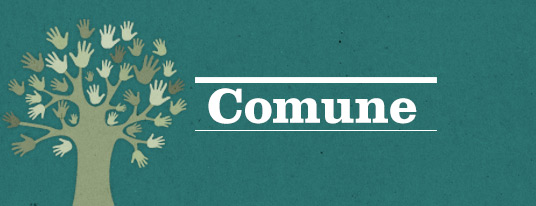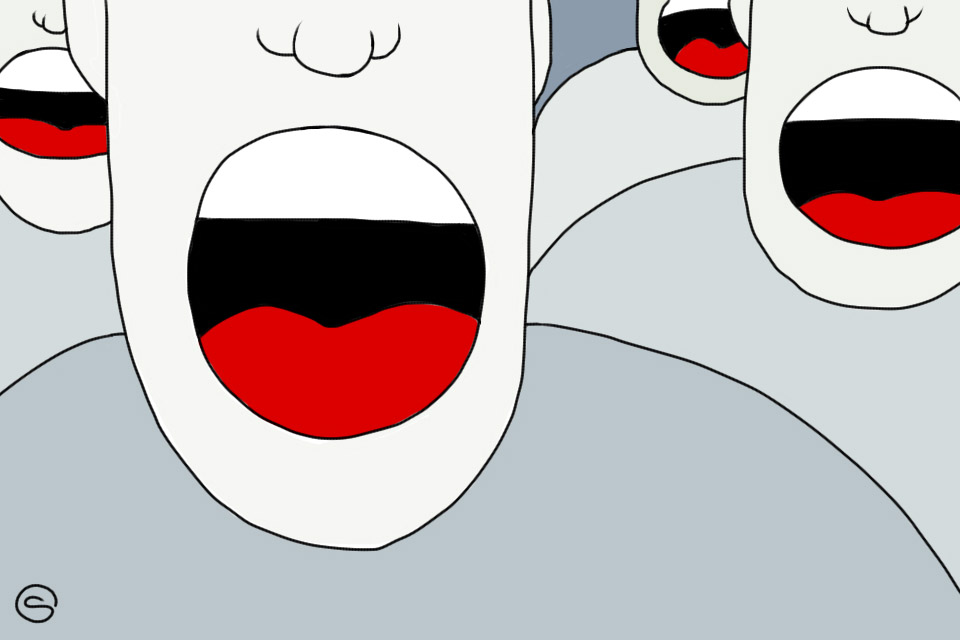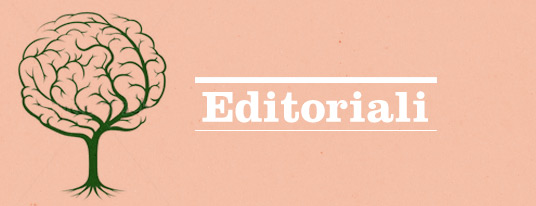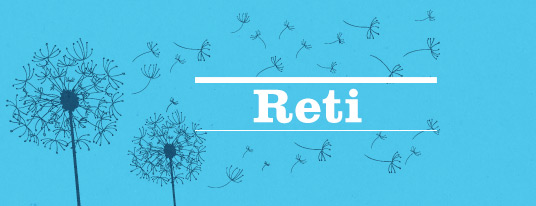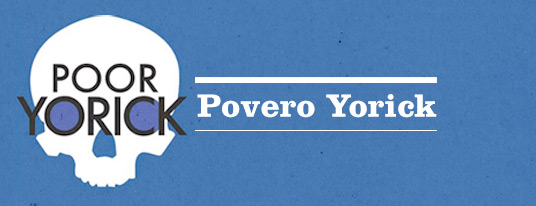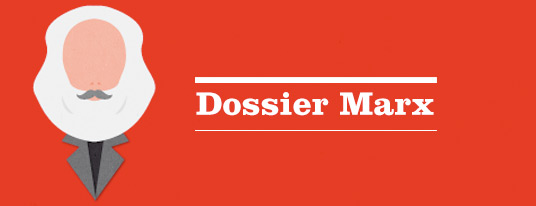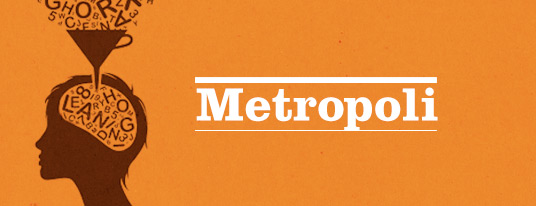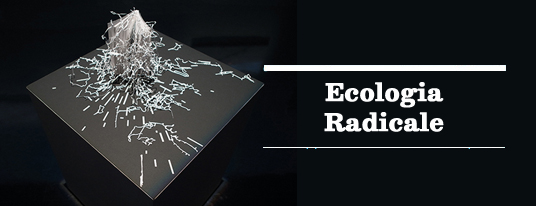By SANDRO MEZZADRA & TONI NEGRI
As the Italian election campaign gets underway during the hottest August on record, it is not only climate change that is essentially ignored in the political debate. Silence seems to have fallen over the war topic. There is an underlying consensus for the line defined as “European and Atlantic” (part of the mythological “Draghi agenda”). This line is taken for granted and one will search in vain for any real or potential deviations from it, neither on the right, the left, nor among the Five Stars. Far-right yet pro-West: Giorgia Meloni’s operation exploits the ambiguity of the formula just mentioned, emphasizing her party’s Atlantic allegiance, and subordinating to it, European positioning that finds its model in Polish nationalism. This is all it takes today to claim reliability on the “international” stage.
The war continues to pose difficulties for the movements and the left, in its multiple and often conflicting denominations. The obvious deviation from the wars we have known in recent years (since it is Russia that is presenting itself as the aggressor country) quickly brought out the limit of the anti-war mobilizations that developed in February-March 2022. While here and there caricatured positions of support for Russia were manifested because of an alleged anti-imperialist characterization of its action (without any consideration for the openly reactionary character of the “civilization” defended by Putin inside and outside the country), a large number of initiatives and caravans in defence of the Ukrainian people and their refugees gave expression to a moral tension that was often appreciable, but incapable of overcoming the limits of an essentially humanitarian approach.
It seems to us that it is essential to overcome this stalemate, which, by the way, does not only concern Italy. The war that has been going on for more than five months and that is being fought in Ukraine, takes on the character of a European war. But it is not only a European war: the current war has a global dimension that is hard to escape these days, looking at the Israeli army’s special military operation in Gaza (which has Iran as its target) and especially in the face of what is happening around Taiwan after Nancy Pelosi’s provocation. There is, of course, no direct relationship between these conflicts and the war in Ukraine: but the connections are manifold, and they foreshadow a permanent state of war at the global level that threatens to become the new normal (with the arms race being both its precondition and its outcome). To fight against the war in Ukraine is to fight against this regime of war at the global level.
We need to understand what the deep and long-term trends are that explain the very dangerous situation we are experiencing, and within which the Russian war of aggression in Ukraine itself lies. It is at least since the financial crisis of 2007-2008 that we are already living in a multipolar world. This means that, as Immanuel Wallerstein and Giovanni Arrighi have been warning since the 1990s, the underlying trend that distinguishes our present is the crisis of global hegemony, of soft power, in the United States. However, we are not foreshadowing a scenario of the “collapse” of the United States. More realistically, we are registering the downsizing of its ability to impose a consensus around global policies of organizing markets and trade (what has been called the Washington consensus). In Asia as well as in Latin America and Africa, the United States faces reluctant interlocutors as a new medium and great powers vie with them for areas of influence.
Long before Putin’s war in Ukraine, a situation emerged that Adam Tooze termed “centrifugal multipolarity.” And this situation exerted increasing pressure not only on the world institutions that had arisen since World War II (the United Nations in the first place) but also on those that – born out of the Bretton Woods agreements – had been transformed after the end of the Cold War and had constituted an embryo of economic governance of globalization (the World Bank, the International Monetary Fund, the World Trade Organization). Under these conditions, multipolarity can easily shift from being centrifugal to becoming conflictual, and the terrain of conflict concerns the organization of the spaces of globalization, or if you will, the political organization of the world market. Indeed, we are convinced that only by identifying globalization with the neoliberal rhetoric that celebrated it in the 1990s is it possible to affirm its end. Rather, the materiality of interdependence (which emerged due to the relative effectiveness of sanctions on Russia and the “grain crisis”) and the entrenchment of global processes that articulate even profoundly different economies and societies at the four corners of the planet must find new spaces and new devices of governance.
This tumultuous condition of transition at the global level, in which war threatens to occupy the centre of globalization processes, forces us to reflect again on a concept such as imperialism, to which we will to return. But in the meantime, we want to pose the essential problem of stopping the war, everywhere in the world and particularly in Ukraine, where the barely disguised confrontation between Russia and NATO daily evokes the spectre of nuclear weapons. The war in Ukraine must be stopped, to end the massacre of civilians and the destruction of the country. But it must also be stopped to forcefully assert the need to defuse what we call the global regime of war, to impose a hegemonic transition that does not rely on war. Let’s be clear: war is closing spaces for the struggle for equality and freedom. To put it even more simply, it is the denial of all forms of civil and economic growth.
There are conditions to fight against the war regime globally: we have no sympathy for any government of today’s emerging powers, and yet we cannot help but feel in the looming of a multipolar world the echoes of anti-colonial struggles; we oppose Xi Jinping’s authoritarianism and nationalism, and yet we cannot help but see in China’s growth the impetus of decades of proletarian class struggle; we see in Latin America, in particular, the continuity of a powerful thrust of movements coming through new “progressive” governments and foreshadowing processes of regional integration. It seems to us that the reconstruction of an internationalist point of view, capable of linking these echoes and thrusts to the struggles taking place in the different regions of the world, is an essential task, far more urgent than the rush to enlist in one of the fronts of the supposed clash between “autocracies” and “democracies.”
Let us return to the war in Ukraine. Putin thought he could seize the opportunity of the global downsizing of U.S. power to raise the question of redefining security architectures in Europe while at the same time asserting Russia’s imperial rank. The aggression against Ukraine, with its intolerable burden of death and destruction, finds its “reasons” here. Behind the “special military operation” is a “political capitalism,” essentially extractive and static in nature. But there is also authoritarian regime-building, there are wars in Chechnya and Syria, and there is the projection of Russian power into Libya and Mali. There is no doubt that Putin is among our enemies (and particularly among the enemies of those who are fighting in Russia for equality and freedom). But as the months go by, it becomes increasingly clear that the West’s reaction to the war, and in particular its insistence on Ukrainian “victory,” risks consolidating Putin’s regime far more than it helps to weaken it.
Although it is true that Trump attempted to operate a kind of “secession” from the multipolar world in order to “make America great again” within a few defined spaces, the Biden administration in turn saw the war in Ukraine as an opportunity to react to the crisis of U.S. global hegemony by reorganizing around itself a West whose geographic coordinates extend from the Atlantic to the Indo-Pacific. The reactive character of this project should be evident: a West that in recent months celebrated its come-back after it had lost all its “universal” character, now presents itself as one actor that is forced to recognize the structural presence on the global terrain of other actors of different constitutions. This is one of the many differences in comparison to the period of the Cold War.
Explicit recognition of the Indo-Pacific as an area of strategic interest for NATO in the new Strategic Concept adopted at the Madrid summit of June 2022 indicates how the war in Ukraine constitutes a fundamental step for the organization, which has become a full-fledged military alliance on a global scale (reinforced in Europe by the accession of Sweden and Finland, ready to yield to Turkish pressure and extradite dozens of Kurdish militants). What is happening in Taiwan these days hints at the danger of this transformation, in a scenario where the United States can certainly opt for military pressure to convince allied and non-aligned countries that, as was well seen with Pelosi’s initiative, may be reluctant to take sides in a confrontation with China.
It does not escape notice, however, that this global NATO will only appear to the non-Western multitudes as a white, imperialist NATO. And with good reason. A fundamental question arises here for Europe, which in recent months has been essentially crushed on the Atlantic profile. The European Union had dealt with the pandemic in a substantially different way than it had dealt with the “sovereign debt” crisis. There was much to criticize in the policies of the European Central Bank and the “Next Generation EU” plan. While the principle of debt mutualisation had been somewhat affirmed, substantial resources had been mobilized to rebuild societies and economies exhausted by two years of the pandemic. Democratic virtuality was being offered to struggles and social movements. With the onset of the war, we witnessed a violent shift, from insistence on welfare policies to the priority of rearmament and the growing role of Eastern European countries, for whom NATO membership was always more important than EU membership.
We must put the European Question at the centre of political debate and action. In the scenario of centrifugal and conflictual multipolarity that we have outlined here, opening a fault line within the West is of paramount importance. Asserting a European interest that is separate and distinct from the Atlantic interest is a condition for effectively fighting the war while at the same time sustaining the social disputes and mobilizations that are needed today. We know that in the coming period the fallout from the war regime will be immediate in Europe, and Italy in particular. We are certain that the coming months will be marked by tensions and social clashes; we are by no means certain that they will take the form we hope for. As of today, within the Italian electoral debate itself, we need to build the political conditions for this to happen: no to war, no to military spending, decent income and wages for all and all, intersectionality of struggles: let us come together to combine – once again on these simple demands, but in an ever-renewed way – for class struggle and internationalism.
Translation by Geert Lovink

